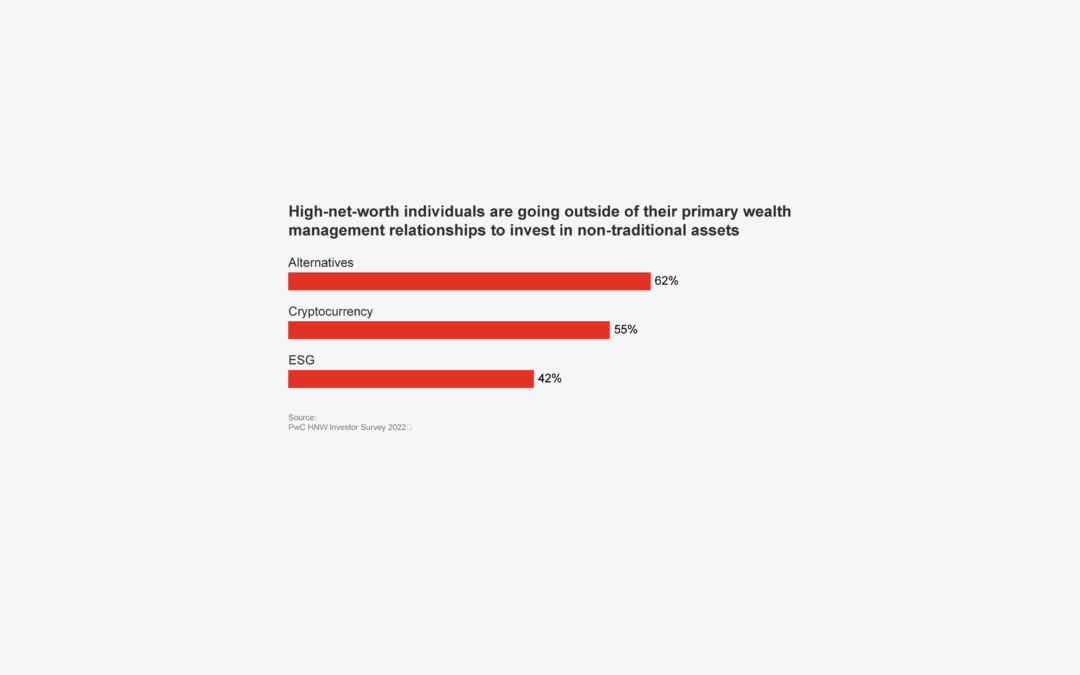Foreign trusts, foreign ownership. The rules governing the legal structure of trusts and their associated obligations are complex, and some of these rules aren’t fully defined in the tax law. Many clients and even their trusted legal advisors are simply unaware of the severity of noncompliance and the effects that foreign entities may have on reporting foreign trust activities. Failing to understand the rules results in significant penalties and two recent cases could have major implications for taxpayers going forward.
Foreign Business Ownership
Fahy v Commissioner: Does the IRS have the authority to collect penalties for failing to report foreign business ownership? A dispute over the process available to the IRS to enforce U.S. persons’ obligations to file tax returns regarding their foreign interests amounting to a penalty of almost $500,000.
Section 6038(a) of the Internal Revenue Code requires U.S. citizens to inform the tax agency annually about any foreign businesses they control in their returns and maintain those records. Section 6038(b) imposes a penalty for failing to comply with Section 6038(a). The penalty amount is a fixed dollar amount, not based on taxes owed, beginning at $10,000 per form per year and can increase to $60,000 per form per year, depending on the length of noncompliance to paying the initial penalties.
Background
The Alon Farhy case is a multi-year intricate case that began in 2012, when Farhy, owner of two Belize-incorporated companies, received an IRS notice that he failed to file Form 5471. The corporations were set up with the sole purpose of reducing the amount of income tax Farhy owed due to exercising stock options.
Farhy admits he failed to report his ownership of corporations in Belize. In 2012, he signed a non-prosecution agreement with the Tax Division of the U.S. Justice Department that immunized him from criminal prosecution for his failure to disclose his offshore accounts if he cooperated fully and truthfully with tax enforcement efforts and paid all applicable taxes, interest, and penalties. However, it did not absolve him from civil liabilities due to tax code violations.
The Dispute
In 2016, Farhy received an IRS notice that he failed to comply with section 6038(a) from 2003 to 2010. After two years of continued noncompliance, the IRS issued penalties pursuant to 6038(b) in the amount of $60,000 per year of noncompliance, as well as an intent to levy his property.
The Decision
Farhy requested a collection due process hearing, where the Appeals Office upheld the levy of Farhy’s property. Farhy then petitioned the Tax Court to invalidate the proposed levy, arguing the IRS doesn’t have the legal right to do this for Section 6038(b) penalties, and can only do so by suing in federal district court. In 2023, the US Tax Court initially sided with Farhy, agreeing that the IRS couldn’t use assessment and administrative collection for these penalties.
Then, in early May, the ruling was overturned by the Washington D.C. Circuit Court of Appeals. The higher court found that the wording, structure, and purpose of Section 6038 do allow the IRS to use assessment and administrative collection for Section 6038(b) penalties. The case was sent back to the Tax Court with instructions to rule in favor of the IRS. The court case clarifies that the IRS has the legal authority to assess and collect penalties for failing to report foreign business ownership, as mandated by Section 6038 of the Internal Revenue Code. The case could have significant implications on how the IRS collects penalties.
Foreign Trusts
Geiger v. U.S. (S.D. Fla.) This case highlights the complexities of foreign trust taxation and the potential consequences of mischaracterizing a trust. It has significant tax implications for the estate, potentially reaching $15 million. The case, currently being heard in the Southern District of Florida, revolves around whether or not the estate of a German national is a grantor or non-grantor trust.
Background
Grantor trusts are taxed directly to the grantor even if no income was received. A non-grantor trust is taxed as a separate entity, and taxes on income are only paid after they are received from the trust.
The Dispute
In this intricate case, a trust was created and inherited by a German national who became a U.S. resident only to expatriate. The trust was initially classified as a grantor trust and used the now-defunct Offshore Voluntary Disclosure Program, where the IRS offered leniency on penalties and reduced risk of criminal prosecution if eight years of amended and correct returns were submitted. However, before finalizing, Gunter changed the trust to a foreign non-grantor trust. The IRS disagreed and issued jeopardy assessments against the estate due to this disagreement. Gunter has since passed away, and now, his son, Grant, is representing the estate and has sued the IRS to challenge these assessments.
For federal income taxes, a non-grantor trust classification would significantly reduce the estate’s tax burden, while a win for the IRS that the trust was a grantor trust, would mean unpaid income taxes, penalties and interest. The case is currently being heard in court.
Both cases stress the importance of knowledgeable and experienced tax advice. With over 30 years of experience, Jack Brister specializes in servicing international private clients, foreign businesses desiring to do business in the U.S., and individuals working and living abroad. Jack’s expertise dates back to the beginning of his career, working with the U.S. Internal Revenue Service’s Criminal Investigation Unit. In this role, Jack worked on a variety of multi-jurisdictional cases in cooperation with federal, state and local law enforcement agencies that investigate and prosecute tax evasion, as well as white-collar crimes and violent crimes with a financial and tax component.
Tax regulations are not only complex, they are constantly evolving. Earlier this year, the Treasury Department and the IRS proposed regulations around transactions and reporting for foreign trusts and large foreign gifts. The importance of an experienced tax advisor has never been more important. Contact us to set up a consultation.













